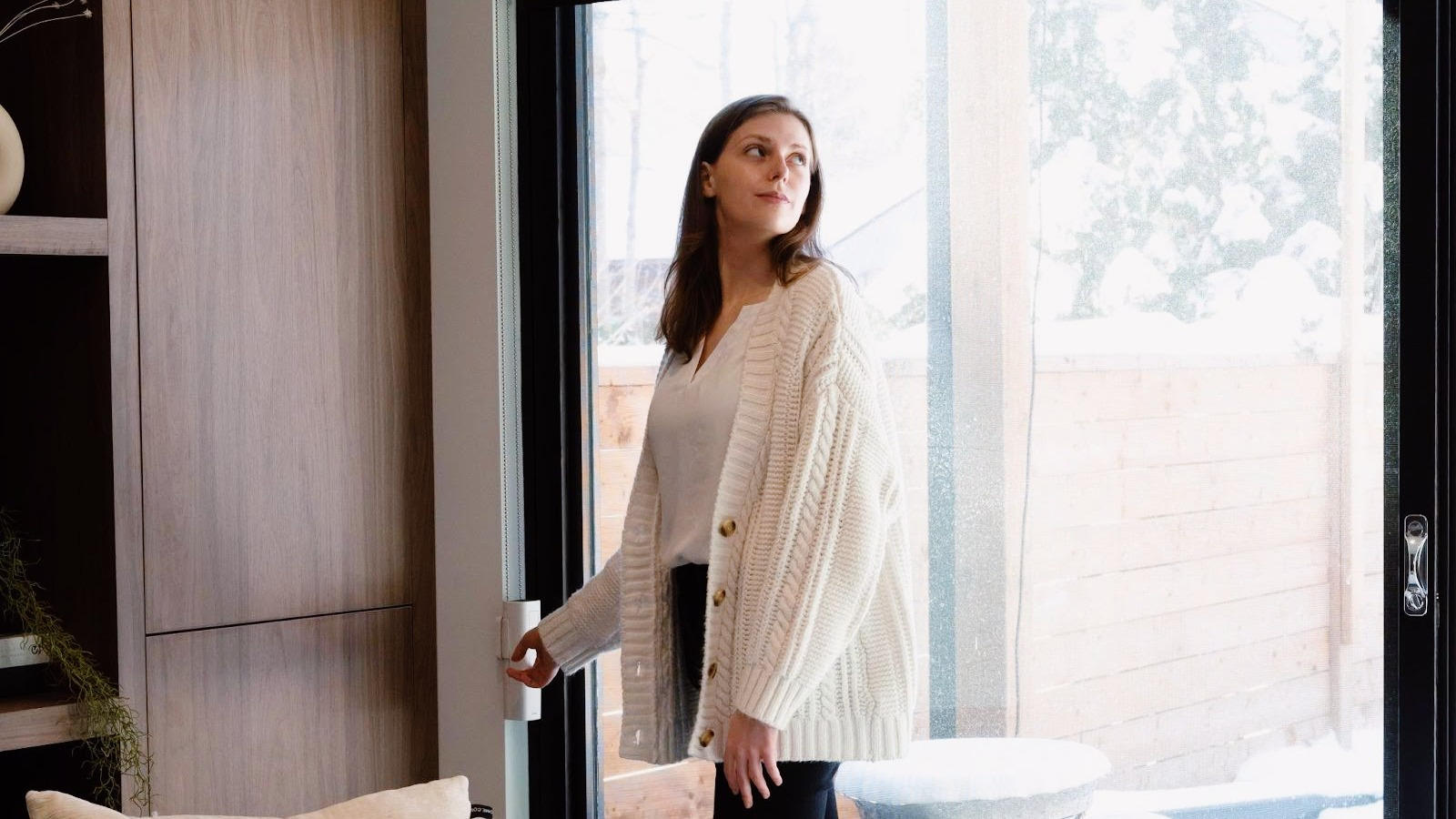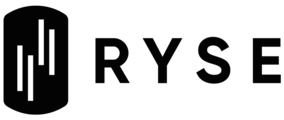Good morning, and happy Friday.
Hey, it’s not supposed to be this secret.
After suffering a cyberattack, Victoria’s Secret was forced to shut down its US website on Wednesday and keep it closed through Thursday as the company takes steps “to address a security incident.”
It’s not the only thing forcing the fashion retailer to play defense these days. The company is also in the midst of fending off a hostile takeover by the Australian investment firm BBRC International. Last week, its board of directors voted to adopt a “poison pill” shareholder rights plan to fend off the corporate raiders. Here’s hoping this week’s website outage wasn’t the end-result of a hapless IT worker taking the “poison pill” memo all too literally.
Omada Health Preps to Go Public as IPO Market Revives

There’s an IPO joke to be made here, but unfortunately for you, only institutional investors will get it.
On Thursday, virtual healthcare provider Omada Health became the latest company to press ahead with an initial public offering amid economic uncertainty that’s given cold feet to some other companies expected to do likewise. The IPO is expected to take place next week following Omada’s announcement that its roadshow is underway.
Back in Business
This year began with bankers and venture capitalists feeling bullish about a revitalized IPO market as they anticipated business-friendly policies from the Trump administration. And, in the first quarter, the needle moved in that direction: According to Ernst and Young, the period saw 15 listings raise more than $7.9 billion, 20% higher than the first quarter of 2024 and the strongest start to a year since 2021. But following the selloff prompted by Trump’s “Liberation Day” tariff announcement in April, EY noted in April that IPO market activity had come “to a complete halt.” Of note, buy-now-pay-later giant Klarna and ticket marketplace StubHub postponed their highly anticipated listings.
Mercifully, subsequent weeks have seen the IPO market shake off some rust. Stock-trading app eToro debuted earlier this month, pricing its IPO above the expected range, and its shares have since risen 19%. Meanwhile, fintech Chime and stablecoin issuer Circle filed paperwork to go public. Adding to the recent run of optimism is Nvidia-backed AI firm CoreWeave, which began trading in March. The company reported its first results on May 14, with 400% year-over-year revenue growth besting expectations. Its shares are up 170% since its listing. Which sets the stage for Omada:
- The San Francisco-based firm specializes in virtual care for chronic conditions including diabetes and hypertension, which it offers through programs with employers, pharmacy benefit managers, health systems and health plans. Omada plans to raise up to $158 million at a $1.1 billion valuation.
- While virtual care boomed during the pandemic, the sector more recently had an up-and-down couple of years as the world returned to normalcy. Omada, on the other hand, managed to improve its performance in that time: According to a Securities and Exchange Commission filing, its revenue increased to $169.8 million last year, up from $122.8 million in 2023 while its net losses shrank to $47.1 million from $67.5 million.
Hinging on Health. There’s one very important recent IPO we haven’t mentioned yet: Omada competitor Hinge Health, which debuted on the New York Stock Exchange last week. In a promising omen for Omada, Hinge raised $273 million at a $2.6 billion valuation after selling shares at the top end of its expected range, suggesting investors have an appetite for health-tech now that the segment’s post-pandemic prospects have stabilized.
Big Tech Has Spent Billions Acquiring AI Smart Home Startups

The pattern is clear: when innovative companies successfully integrate AI into everyday products, tech giants pay top dollar to acquire them.
- Google paid $3.2 billion for Nest.
- Amazon spent $1.2 billion on Ring.
- Generac spent $770 million on EcoBee.
Now, a new AI-powered smart home company is following that same, well-worn path.
With proprietary technology that connects window coverings to all major AI ecosystems, this startup has achieved what big tech wants most: seamless AI integration into daily home life.
Over 10 patents, 200% year-over-year growth, and a forecast to 5x revenue this year — this company is moving fast to seize the smart home opportunity.
The price changes tonight — explore RYSE at $1.90 per share before it does.
Shrinking GDP Shows Tariffs’ Impact as Courts Scrutinize Their Legality
Keeping track of the White House’s on-and-off tariff strategy has been hard enough — and now the judicial system is having its turn at the switch.
After judges on the US Court of International Trade decided unanimously Wednesday to nullify the vast majority of the administration’s “Liberation Day” tariffs, a federal appeals court on Thursday granted the White House’s request to temporarily pause the ruling. In other words: There’s a pause on the tariff pause, which means the tariffs are back on (for now at least). And as courts weigh their legality, hard economic data is starting to emerge, showing just how big an impact the maybe-not-even-legal tariffs have had so far.
Square One
So what’s the legal logic behind nullifying the tariffs? Essentially, the three-judge panel at the Court of International Trade sided with two sets of plaintiffs (one a coalition of states, the other a group backing small businesses) and ruled that the White House’s invocation of the International Emergency Economic Powers Act did not grant it authority to issue unilateral tariffs. And “if the challenged tariff orders are unlawful as to plaintiffs, they are unlawful as to all,” the panel of judges wrote. Ergo: Bye-bye, tariffs (except for those on steel, aluminum, and automobiles, which were imposed under different laws and are unaffected by the ruling).
The White House was given 10 days to “effectuate” the order but needed less than 24 hours to win a delay from a federal appeals court after saying it would seek “emergency relief” from the Supreme Court as soon as today if necessary.
Whether the tariffs ultimately stay or go — or the White House simply finds other means of imposing them — remains an open question. But what’s becoming clear is the damage they’ve inflicted on the American economy so far:
- New GDP figures from the US Bureau of Economic Analysis on Thursday showed that the American economy shrank 0.2% in the first three months of the year, slightly less than an original estimate of 0.3% but still marking the first contraction since Q1 2022.
- More sour news on Thursday: US corporate profits fell 2.9% in the first quarter, according to the bureau, their biggest drop since 2020 (though they remain above historical norms). Labor Department data released on Thursday also showed that 240,000 people filed for unemployment benefits last week, a larger-than-expected figure; continuing claims rose to 1.9 million, the most since 2021.
Alternate Routes: Whether or not the White House wins the legal dispute over tariffs, economists at Morgan Stanley and Goldman Sachs both told clients in notes on Thursday that the administration is likely to find some legal justification to keep levies at its preferred levels. To that end, The Wall Street Journal reported the administration is already weighing a plan B, which would involve using multiple provisions of the Trade Act of 1974 (and White House trade advisor Peter Navarro suggested they’re under consideration in a Bloomberg TV interview). Whether that means continued economic contraction is another question. The Fed isn’t ruling it out and predictions market Kalshi is quoting a 38% chance of a recession this year, though that’s down from nearly 70% odds at the start of the month.
E.l.f. Soars After $1 Billion Pow(d)er Move to buy Hailey Bieber’s Rhode
Haley Bieber has the face that launched a thousand beauty trends — from latte makeup to glazed donut skin and other looks that sound like they’re straight off a Starbucks menu. A few years ago, Bieber began using her star power for her own brand, Rhode.
E.l.f. Beauty’s stock jumped 24% yesterday after the company announced it would acquire Bieber’s skincare and makeup startup in a $1 billion deal consisting of $600 million in cash and $200 million in shares, plus a potential $200 million results-based bonus to sweeten the pot.
Cashing in on the Clean Girl Aesthetic
At less than three years old and with just 10 products, Rhode is a rocket ship. It garnered $212 million in net sales last year and doubled its customers. Sephora said last week it would start carrying Rhode at stores in the US, UK, and Canada.
Rhode is E.l.f.’s biggest acquisition so far as it looks to push beyond budget buyers:
- Both E.l.f. and Rhode are favorite brands among Gen Z TikTokers. But while E.l.f. goes viral for budget-friendly “dupes,” like a Dior-ivative $8 lip oil, Rhode sells premium products, like a $40 lip peptide treatment. E.l.f. could capture more of the market by buying Rhode, hoping that customers concerned about the economy will either trade down to buy its namesake line or splurge on the high end.
- While E.l.f. beat analysts’ sales and profit estimates last quarter, the company told investors earlier this year that it’s seeing cooling demand across the beauty market. Last week, E.l.f. said it’ll have to raise prices by $1 (a big jump for $3 eyeliner) to offset tariffs in China, where 75% of its products are made.
Time for a Touch-up. As Big Beauty braces for tariffs, smaller brands like Rhode are proving resilient. Dealmaking has sputtered since the years around 2020, when brands like Deciem/The Ordinary and Kylie Cosmetics were scooped up. But E.l.f.’s buy could inspire more deals in the sector — a new wave of celeb-backed beauty brands could be attractive buys (or go public), including Selena Gomez’s Rare Beauty and Emily Weiss’s Glossier. Tapping brands that come with built-in fan bases could protect beauty’s biggest companies.
Extra Upside
- Agree to Disagree: President Trump met Fed Chair Jerome Powell at the White House Thursday, where he told him he believes the Fed should lower interest rates. Powell, the Fed said, stressed that the central bank’s policy “will depend entirely on incoming economic information.”
- X Marks the Spot: Amazon has tapped Xbox cofounder J Allard to lead a new team focused on developing “breakthrough” devices.
- The Web, Without The Junk. Tired of ad overload? CleanWeb fixes it. Block popups, malware, and trackers … before they even load. Try it here with Surfshark for $1.99/month plus an extra 3 free months.*
*Partner

